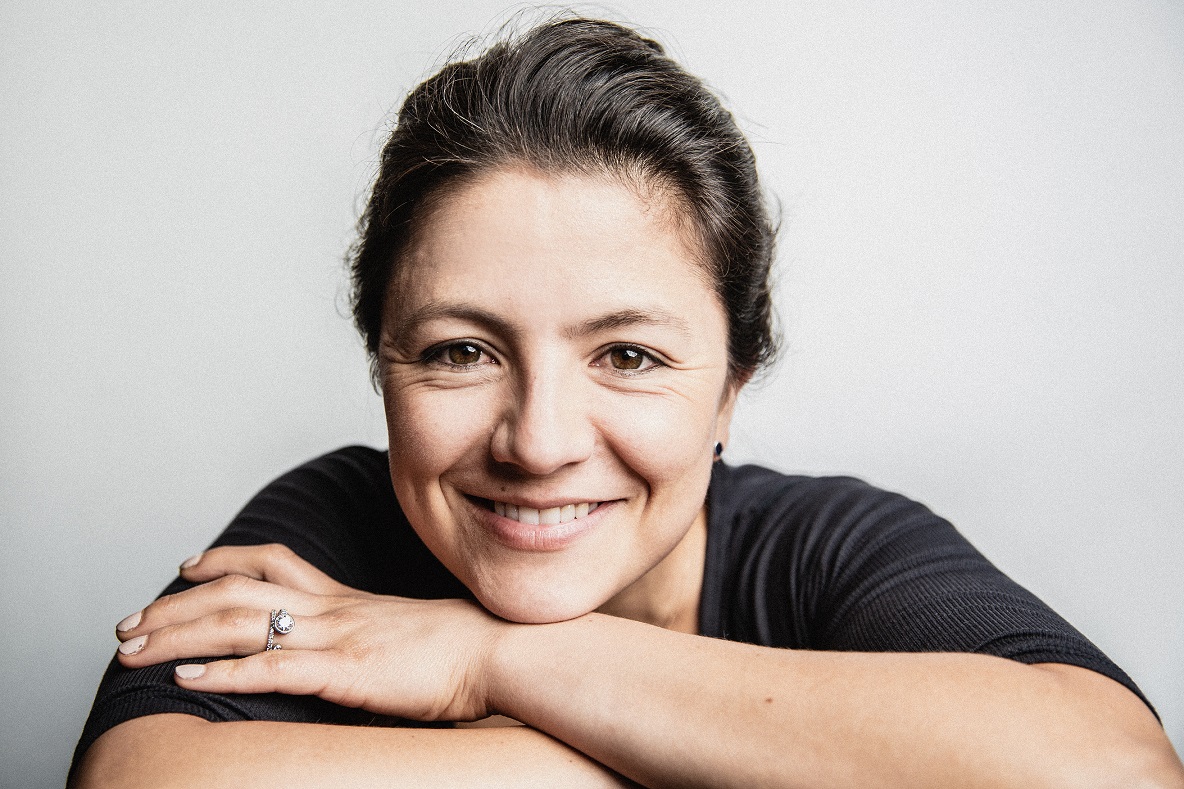For some reason, we tend to think that there’s only one explanation for our compulsion to overeat and binge. This inevitably limits the way you experience your disordered eating, and the approaches you adopt to try to solve it. The truth is there are various reasons why you overeat and binge. Sometimes they even interact and reinforce each other, similar to a recipe for disaster.
I know you probably don’t want to read this, but the only way to determine what’s behind this behavior—and I’m sure about this—is going back to the body and listening attentively. I know this because I’ve failed at listening in the past, and I finally learned that food freedom relies in paying attention.
Your body and mind get tired of deprivation and simply rebel
The first reason why you may overeat or binge is because you’re either on a diet (doing Paleo or Whole30, for example) or simply conforming to the diet mindset. This is an unconscious action, unnoticeable at first sight because you’ve normalized the typical dieter’s behaviors. You experience food with a dieter’s mind and body (learn more here). I say mind and body because they’re beautifully connected and cannot be separated. Mentally, you’re denying yourself freedom of choice, you’re punishing yourself. Physiologically, you’re penalizing and going against your body’s primal needs (aka ignoring and shutting down hunger cues).
The result is that eventually your mind says “I ate that cookie. I might as well eat it all and start all over again tomorrow” or “I failed at work, I deserve to eat forbidden foods”; and your body simply follows a basic survival rule: get energy from food. Isabel Foxen Duke explains it clearly: “Binge-eating is a natural biological response to food restriction, or to any weight control mechanism that may be understood as a threat of starvation to our bodies.”
We’re creatures of habit
The first, second and even third time you overeat may have been deliberate decisions. After that, your brain developed neural connections between anxiety > bingeing after work, or loneliness > pizza and ice cream, for example. Scientists say that habits originate because our brains are always looking for ways to save effort. When you go to the food after a stressful day at work (which in reality is many days a year), your neurons fire and create strong connections. They wire together, building behavioral patterns.
When you behave out of habit, your mental activity decreases and your “brain no longer participates in decision making”, writes Charles Duhigg in The Power of Habit. This explains why sometimes you can’t even tell when the binge started and ended. A binge feels like you’re in auto-mode.
A habit or neural connection can be weakened and even broken. For this, it’s necessary to understand and deconstruct the habit into its three parts—cue, routine, reward—and proceed to replace the reward for something that’s not harmful to you.
Food scientists know their thing: the perfect flavor combination
Read about food tech and flavor development, or watch Bloomberg’s “Inside” on McDonald’s, and you’ll get a sense of why some foods are easier to binge on than others. The perfect “layering” of salt, fat and sugar is a magic combination that doesn’t register in our bellies or brains! You overeat these processed foods because they stimulate and over-activate the pleasure or craving pathways of your brain. Eating them also down-regulates receptors that allow you to stop eating, which explains why you may need more sugar and more fat to feel the pleasure.

If your diet is packed with processed, low-quality foods, it’s much likelier that you overeat if, for example, you also think and behave like a dieter and/or have a habit of going to the food when something’s going wrong at work. Marc David says that “the poorer the quality of our food, the more quantity we’ll consume”.
If your diet is lacking whole, real, quality foods that provide all the necessary nutrients, your body will inevitably keep looking for sources to satisfy its needs asking for more food.
Your emotions taste great covered in chocolate
In Women Food and Good, Geneen Roth wrote: “To discover what you really believe, pay attention to the way you act—and to what you do when things don’t go the way you think they should. Pay attention to what you value. Pay attention to how and on what you spend your time. Your money. And pay attention to the way you eat”.
You’re wired to avoid suffering and danger. This instinct helped our ancestors survive thousands of years ago. Today, the avoidance of unpleasant situations or emotions gets back at us. When you refuse to feel pain, sadness, anxiety, loneliness, grief, fear and go to the food to distract yourself from feeling, you’re using food to meet a need that simply cannot be satisfied with food.
As I wrote in a recent post, “all human beings have basic needs that need to be met. The “desires of the heart”, as Buddhists call it, are permanently looking to be satisfied. When we go to the food to satisfy these basic needs—comfort, love, connection, certainty, recognition, growth, significance, stability, among others—the fix is temporary. Food provides a temporary service, but the real need, to be loved or recognized, for example, is never satisfied and will continue to arise.”
Different factors, same strategy
My goal is not to simplify what disordered eating and feeling out of control around good feels like or why it happens. It’s hard to identify the many pieces of the puzzle that must be tackled in order to achieve food freedom and stop fighting food once and for all. Nonetheless, I think it’s important to give you an idea of the main or strongest factors that play a role in your craziness around food. It’s being aware of the interaction of factors that can help you in your own journey.
Other “ingredients” that could contribute to your disordered eating and that may be worth looking at are the quality and quantity of your sleep or the way you’re hydrating your body. For some people, growing in scarcity or painful trauma, can also trigger disordered eating.
Again, there’s not one only reason why you overeat or binge. It’s a combination of factors that you can understand through experimentation, trial and error, as well as the support of a therapist, health coach, or support group. You have to find what works for you.
Although I went over different factors, the path to food freedom will always be the same: pay attention to your body, observe, listen. This is not an intellectual process. It happens organically by bringing presence and awareness to our body.
When you pay attention, you’ll be able to catch yourself in auto-pilot and acting out of habit. When you pay attention, you’ll be able to see when you’re wearing the dieter’s hat. When you pay attention, you’ll be able to make wiser decisions when it comes to adding nourishing foods to your diet. When you gain awareness about your emotions, you’re prone to handle them in less harmful ways.
The information provided in or through this Website is for educational and informational purposes only and solely as a self-help tool for your own use.
Written by Lina Salazar.


